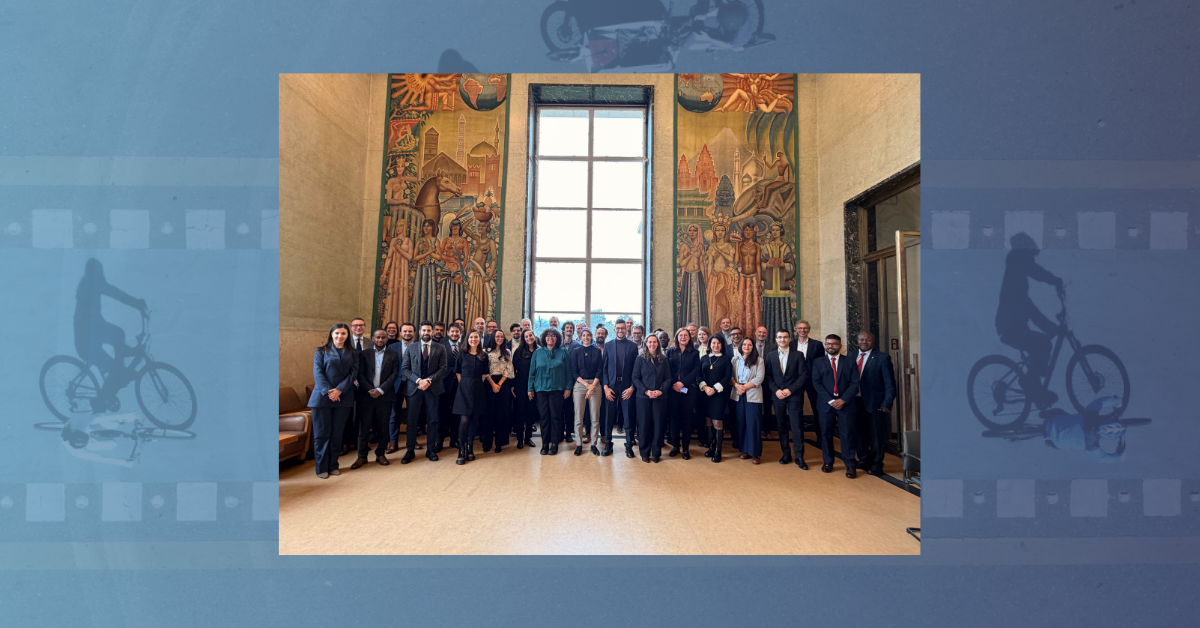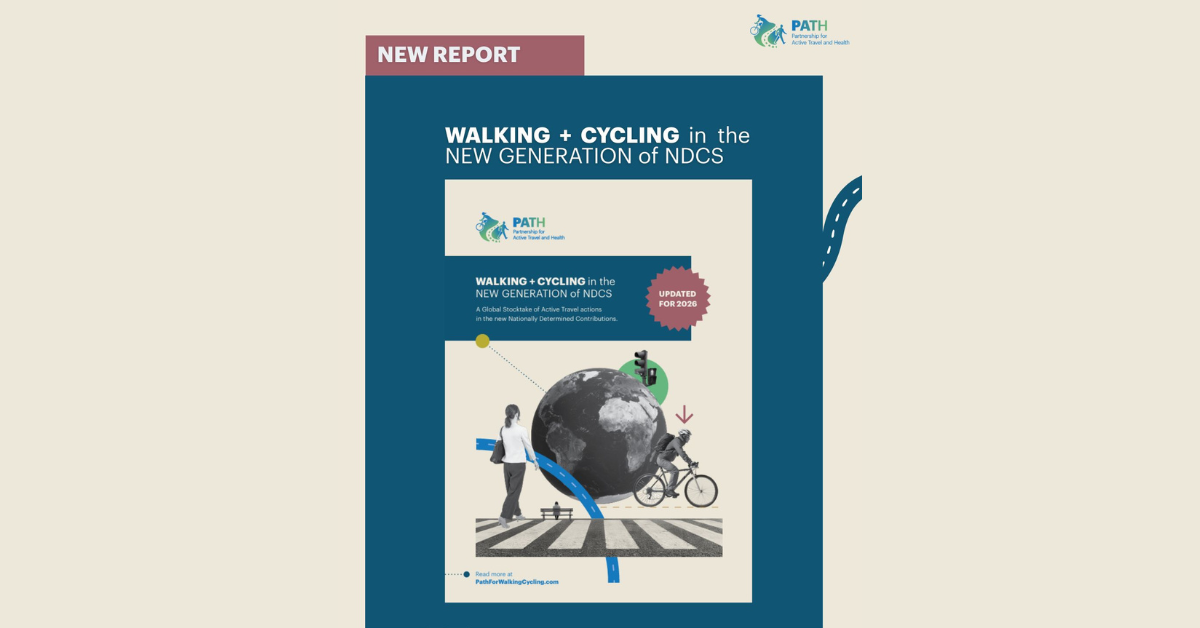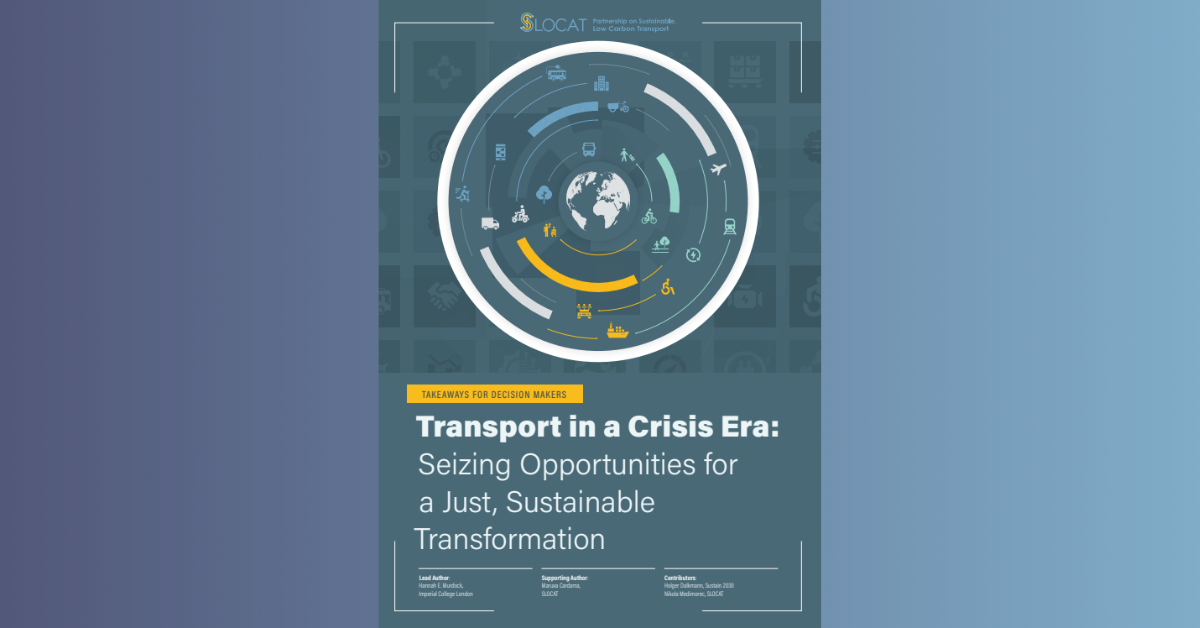by talya.enriquez | Dec 4, 2014 | News
The Partnership on Sustainable Low Carbon Transport (SLoCaT), along with the Bridging the Gap (BtG) Initiative are providing for the first time regular updates on how the COP 20 discussions are affecting land transport. In tracking the negotiations, the organizations...
by SLOCAT | Sep 10, 2013 | News
Three reports released by the UN Environment Programme (UNEP) evaluate and summarize options for low carbon city planning, non-motorised transport (NMT) and infrastructure risks due to climate variability in India. The reports were published as part of the project on...
by SLOCAT | Jul 24, 2013 | News
The US and China agreed to five new action initiatives to reduce greenhouse gas (GHG) emissions and air pollution, focusing on: emission reductions from heavy-duty and other vehicles; smart grids; carbon capture, utilization and storage (CCUS); the collection and...
by SLOCAT | Jul 15, 2013 | News
The UNFCCC Secretariat has released the 2012 report on the Momentum for Change Initiative. The report features nine experiences that contribute to address climate change while improving livelihoods and living conditions in developing countries’ urban...
by SLOCAT | Jun 25, 2013 | News
The UN has launched the fourth edition of Moving Towards a Climate Neutral UN, the annual progress report on the UN’s journey towards climate neutrality, which details the UN’s greenhouse gas (GHG) emissions in 2011 and some of the activities undertaken in...
 Insights & Data
Insights & Data
 Actions & Change Makers
Actions & Change Makers
 Advocacy & Engagement
Advocacy & Engagement
 Impact Stories
Impact Stories
 Our Strategic Plan
Our Strategic Plan
 Our Vision
Our Vision








